Leadership In The Post Pandemic Workplace – What’s Important Now?
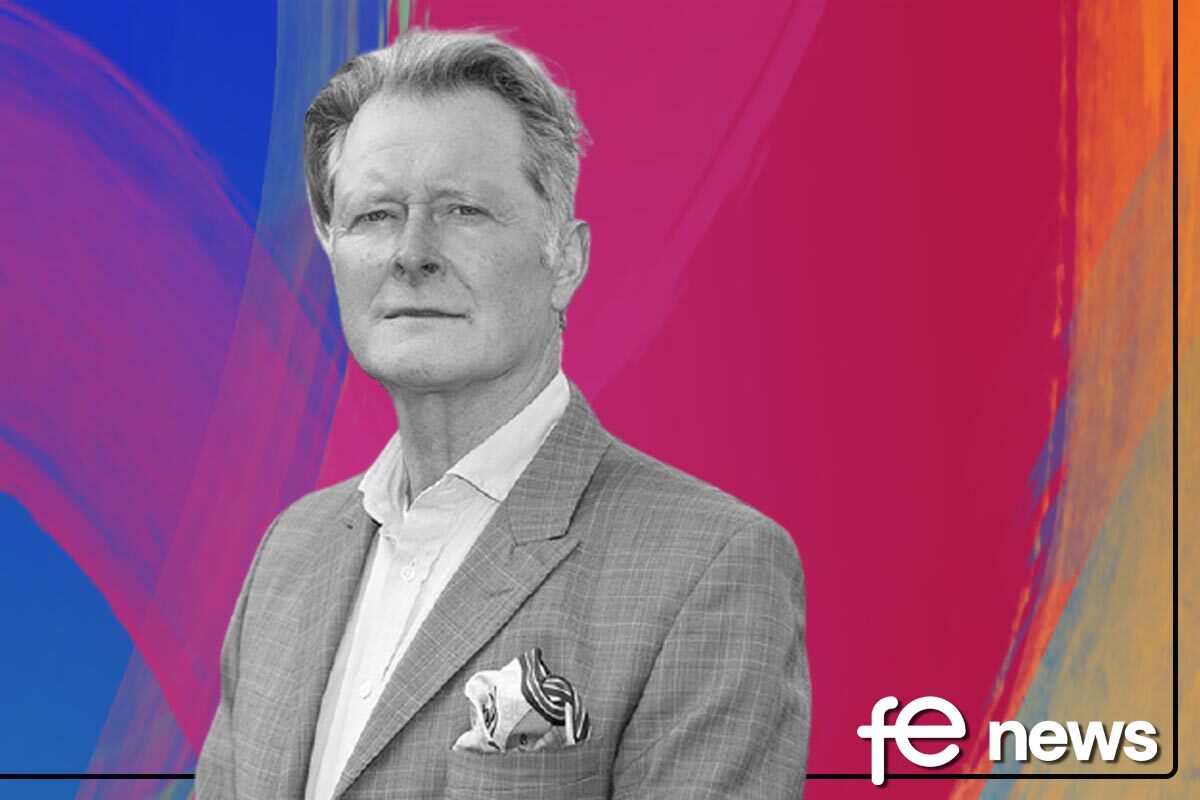
Being & Appearing
“What the great educator does is make it possible for students to become themselves.” Paulo Freire.
And what the great leader does is to enable those they lead to show-up and become themselves, and an important part of this is to describe what is important right now.
In very practical terms though, what will this mean for Leadership as we move forward. What new fluencies will be required? What new challenges will we face?
Certainly, one challenge for many organisations over the next few years will be to transition up to a third of their workforce into new roles or skill levels, and this will require impact-leadership.
So, how should we show-up and lead in the post pandemic workplace to make that impact?
The Trouble With Change
Change is non-linear, unpredictable, stochastic. It’s also inevitable, but “Growth is optional!”
Imagine a cup of coffee before you add milk. That is an example of a ‘constant present’. Then add some milk and the constant present changes to a new present, which cannot be predicted, and will not return to the previous constant present. It becomes instead a new constant present and so on.
Assumptions of how change might happen remain just assumptions, and the world is complicated, complex, chaotic and to a certain degree unknowable.
We are now set to see exponential technological advancement at a time when following a global pandemic, there has been a seismic shift in civil values and behaviours, political and economic tension, climate concerns and war.
Given this though it remains true that only three things will happen naturally in an organisation – friction, confusion and under performance – the rest, as Peter Drucker told us, requires leadership!
New Fluencies
Today a leader must show-up and face head-on ambiguity, uncertainty, and change.
And they will do so by understanding whether something is obvious, complicated, or complex.
With messy problems and wicked issues, there will be no satisfying or elegant alignment between problem and solution, and a leader who cannot deal with the complexity of non-linear and non-incremental challenges will fail.
It’s no longer enough to occupy a position at, or on both sides, of what we see in front of us, or what we anticipate is coming down the pike.
We must let go and move beyond the liminal frontier to fully embrace the Nova Scene, and flexibility rather than rigidity, and fluency rather than proficiency will be paramount.
All this goes beyond simply understanding and meaning making. It requires Imagination, dumping our idols, and future fluency!
The Power of Imagination
“Imagination is more important than knowledge.” Albert Einstein
In an earlier piece for FE News which was published in October 2021, I wrote that the single biggest challenge to be faced as we navigated beyond the pandemic was to remain bold and act with courage and imagination.
Imagination allows us to suspend “what is” and permits us to explore “what might be.”
However, every day we witness failures of imagination, policy, capabilities, management and ultimately leadership, in all our institutions and at all levels.
And arguably a poverty of imagination is the most important failure, because isn’t the ultimate act of poor leadership to hold too firmly to things as they are, rather than explore what may and can be?
That is why dumping our idols, reframing the way we view things, and being on the front foot because we realise that change is possible, but only if we act, are essential prerequisites of a new kind of leadership.
It was Abraham Lincoln who first said that the best way to predict the future is to create it and to this I would add, with an imagination that can envision transformative change in a complicated, complex, and chaotic world, where change is not linear, incremental, or positively progressive.
But this also requires moral courage, and optimism.
As the Antarctic Explorer, Ernest Shackleton said,
“The quality I look for most when facing adversity and the toughest odds is optimism: especially optimism in the face of reverses and apparent defeat. Optimism is true moral courage”.
As a leader when we show-up we need the superpowers of imagination and unbounded optimism, and the courage to exercise both as we encounter the ambivalence of older colleagues who may wish to side-step what they might perceive as unnecessary and unwarranted upheaval.
Or younger colleagues, millennials and those just entering the workplace, who above all else prioritise, equity, transparency, flexibility, purpose, and want regular feedback and encouragement.
So, we also need to show-up with:
- The resolve to know that we have the energy to find ways to function harmoniously within the complex landscape we inhabit.
- An endurance founded on self-awareness, authenticity, and a belief that the future can be better, and change is possible.
- An honesty that enables us to confront the brutal facts we are faced with; &
- The will to Act!
Beyond Language
The future does not come fully formed and as the American poet, essayist, and Journalist Walt Whitman suggested in his poem, ‘Song Of Myself’, we are large and contain multitudes. With the possibility of reinvention, and to be other-directed i.e., determined to give of ourselves to others.
As a leader this can engender trust, build connections, create true engagement, and provide a vision that others will believe in and follow.
But it goes beyond language.
We can use data to forecast, model, or try to manipulate the future, but these are only assumptions about what might happen. Surely it would be better to develop a new narrative of how discontinuous change might come about to create a new knowledge and prepare accordingly.
The biggest challenge is how to hold both the long term and the immediate term in your thought process at the same time with the requisite language and architecture to support this.
As a leader we can help enable this if we show-up with the moral courage to:
- Encourage — Different conversations that change the way we talk about the world and change the way we see it. For example, when a CEO wants to transform a company, they must first change the language of that company. And every conversation will have its time and its place.
- Recognise — That people are only interested in what they are interested in. So as we lead with compassion we must also listen with compassion, and practice really listening so we don’t just hear what we want or expect to hear.
- Think — To Act & Be different. To cohere, challenge the unchallengeable, avoid the ‘easy answers’ trap, gain crucial insights about what is possible, and create a new and courageous landscape; &
- Build — A New Architecturefounded on future fluency, moral courage, and compassion. We must think relationships, think community, and think networks to translate that landscape of possibilities into new and enduring patterns of organisation (verb).
So, What Is Important Now?
Leadership has to be challenged because the traditional ways that it’s been taught and practised have reached the end of their shelf life. They are no longer fit for purpose!
A leader today needs to be more than a contributor. They must make an impact, by acting with precision, not prescription, and clearly articulating what’s important right now, rather than telling people what to do.
Of course, working out what all this means is one of the biggest challenges any leader will face, so it is time to dump our idols (old habits and mindset) and to unlearn and relearn!
Integral to showing up, is to relearn what questions to ask.
For example:
- Are we thinking WIN as a matter of course?
- How can we model Present Leadership?
- Are we ensuring every problem has an owner?
- How do we remove obstacles?
- What can we do to foster collaboration? &,
- How can we cut-through and simplify the complexity?
And pay attention to:
- First Impressions –This startswith self-knowledge, honesty, and authenticity. It’s also about being aware of and willing to embrace our vulnerability, which Brene Brown calls, “the birthplace of creativity and change.”
- Credibility – We must also give ourselves permission to show-up & have the confidence and grace to know that we are not an imposter. So, when the situation requires we can be an Expert, Natural Genius, Perfectionist, Soloist, or even, a Superhero!
- History – We have dug deep through the long haul of the pandemic, achieved more than we ever thought we could, and now is the time to keep the lessons learnt to the forefront, whilst we focus resolutely on ‘What’s Important Now’.
- Knowledge – We must own what we know and be aware of what we need to find out. This awareness is another superpower, and certainly a strength, rather than a weakness because, “The strongest people in life are the ones that are comfortable saying ‘I don’t know’”, Patrick Lencioni.
- PR – We need to be both Present & Ready because Present Leadership is Modern Leadership!
- Actions – Rather than being just a Contributor it’s time to become an Impact Player (or game-changer) who is acutely aware of what’s important now and can go beyond the job description to do the job that needs to be done. Who will step-up, then step back; ask, and adjust; and make work light. Integrity, presence, resilience, tenacity, and agility are all prerequisites for Action, and to Act is a great gift. However, to empower others to Act is an even greater one and as leaders that should be in each of our gift to do so! &
- Follow Through & Finish Stronger – The Russian playwright Anton Chekov reminds us that another great gift is “the ability to endure” , and the real prize is not fame or glory, but simply stamina. However, we should not forget how important the finish is, and to paraphrase T. S. Eliot in the ‘Four Quartets’, every end is a new beginning.
Finally, be prepared to set tough goals, because this is not the time to set goals we already know are achievable. We’ve got to move way beyond SMART thinking too, and become wildly ambitious, vital, and inspirational.
So, be B.R.A.V.E, i.e., Bold, Resilient, Ambitious, Visionary, & Emphatic, and remember,
“We should always be aware that what now lies in the past, once lay in the future.” Frederick William Maitland
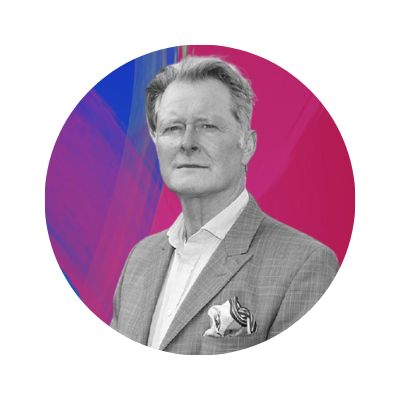
Paul Mudd is a Trusted Adviser, Leadership Provocateur, Savvy Thinker, International Keynote Speaker, Best Selling Mindfulness Author, Global Well Being & Well Doing Influencer, Co-Founder and Director of the Mudd Partnership and Co-creator of the new tMP Hexagon Leadership & Coaching programme #ThinkHexagon © 2021


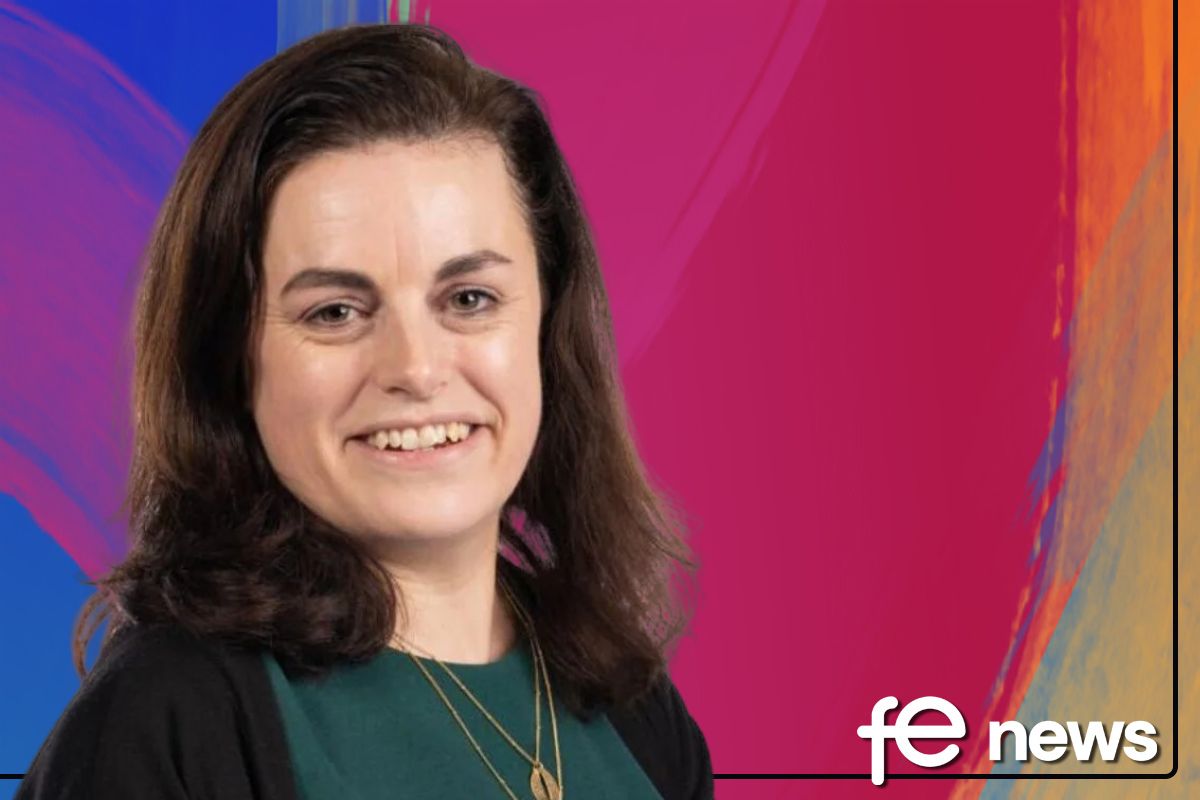
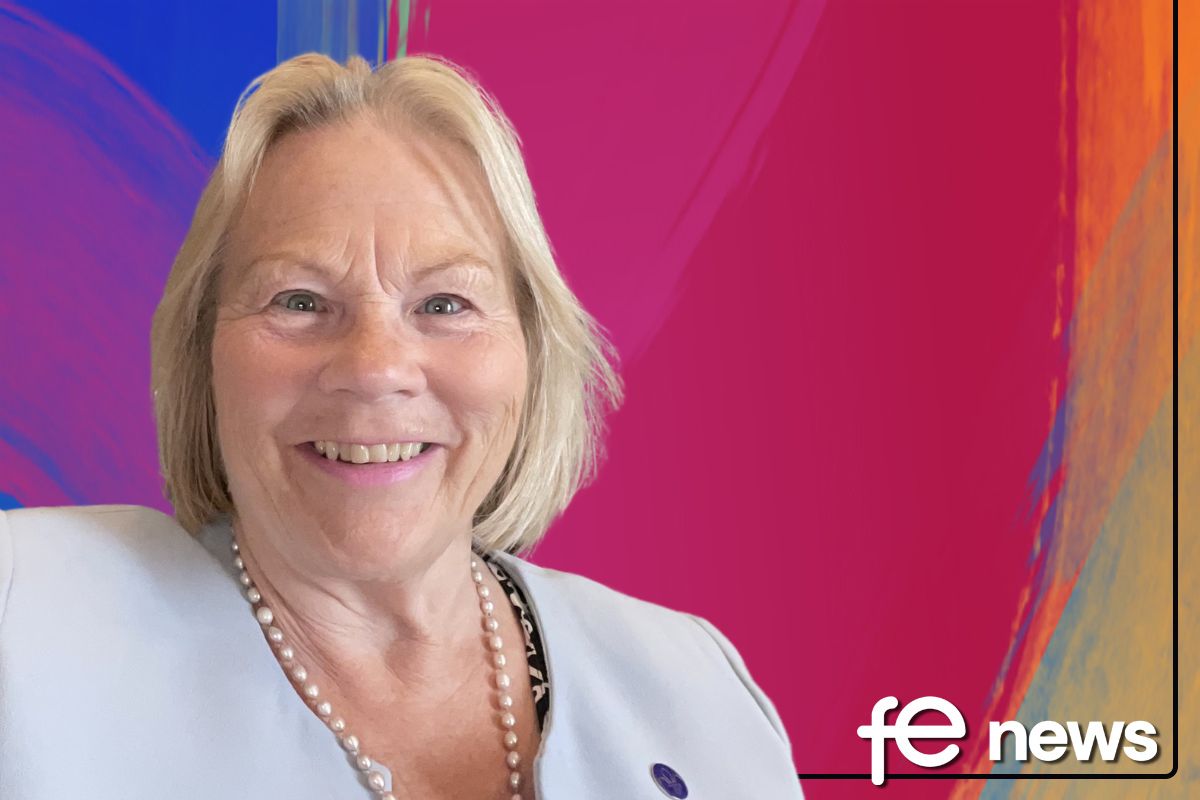
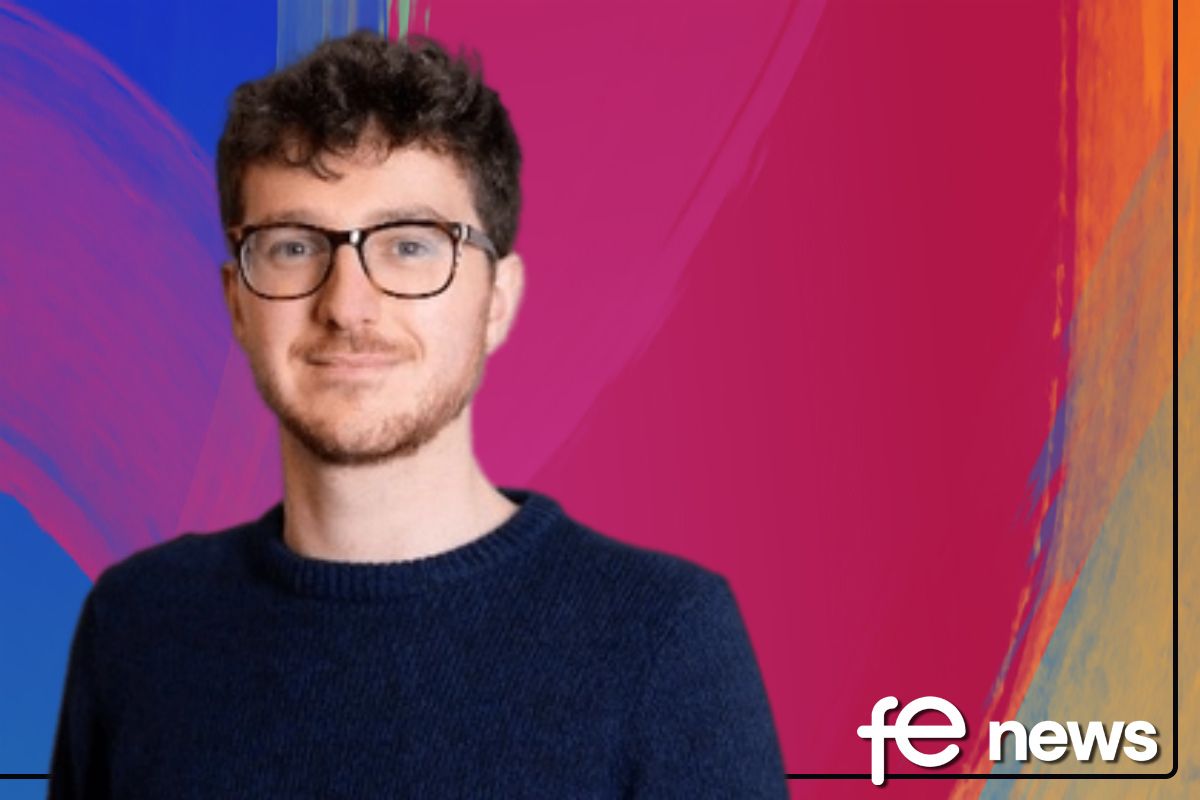
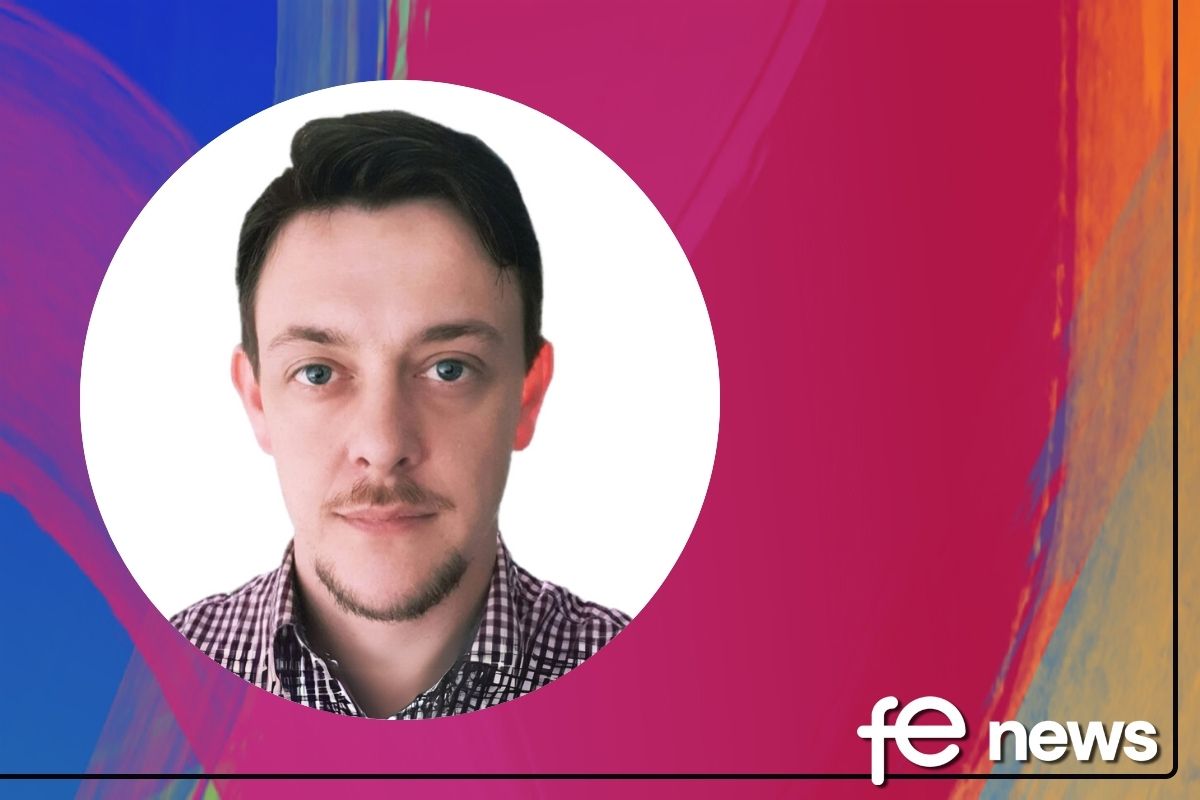



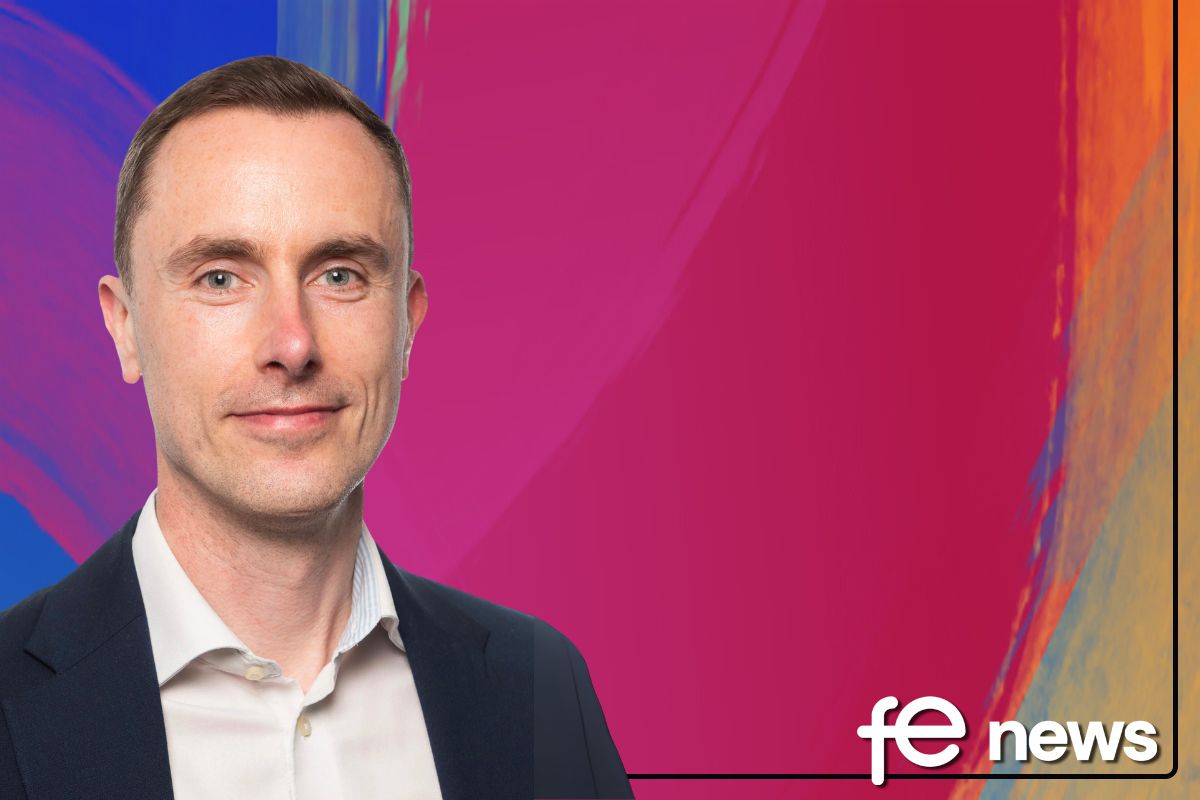
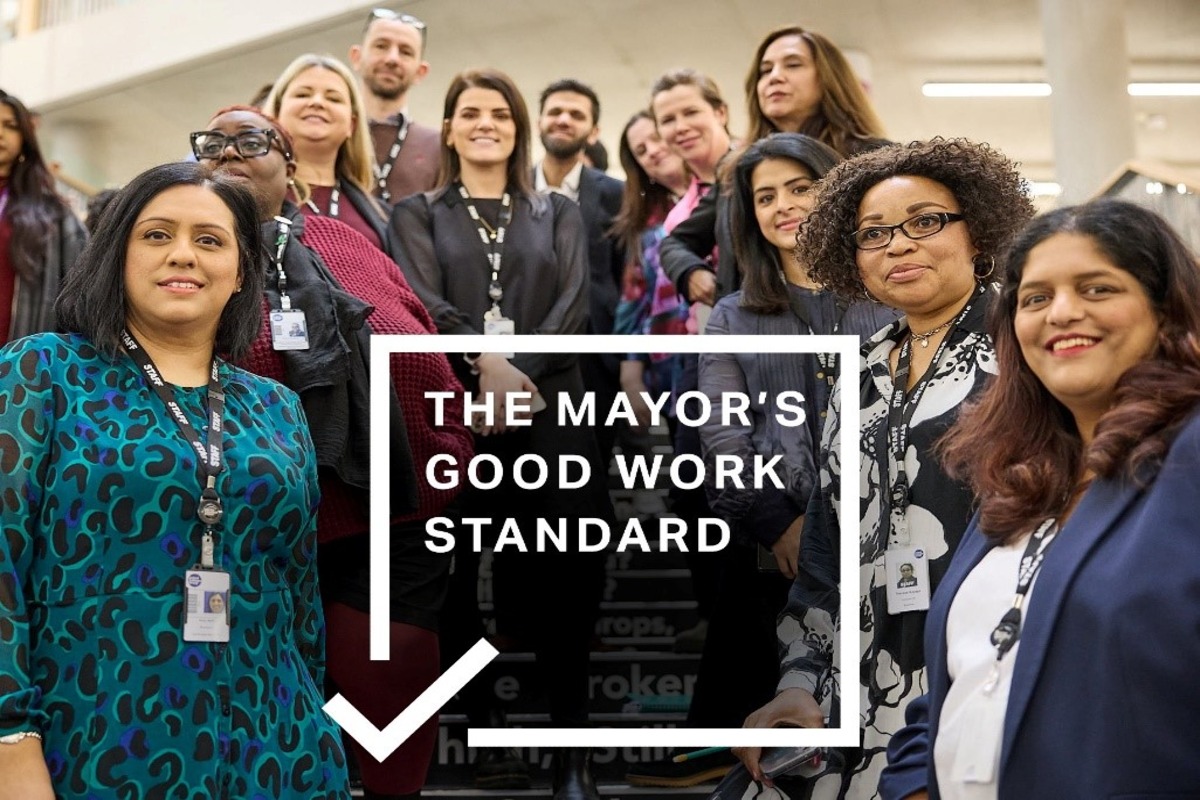
Responses